Leadership in Transforming Multinational Corporations in Asia
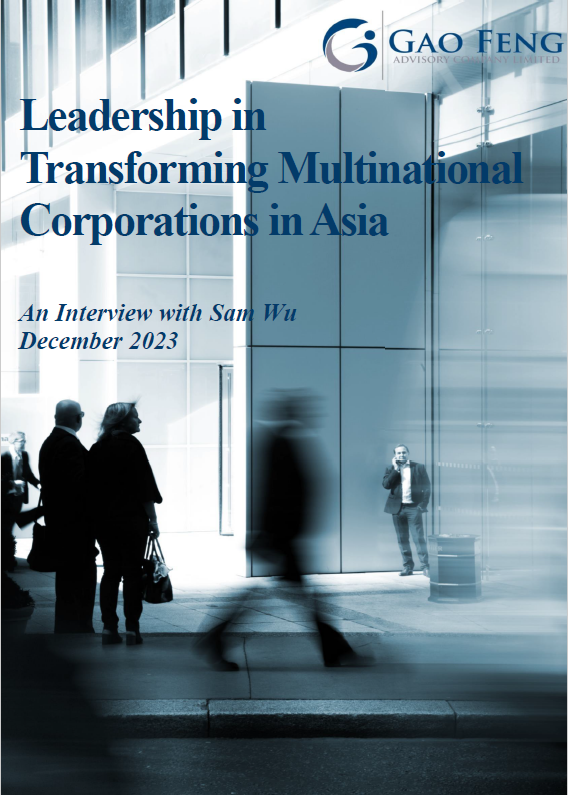
On December 12, 2023, Dr. Tse spoke with Sam Wu, President and CEO of Ford Motor China. Sam is an experienced leader whose career has spanned across some of the most renowned western multinational corporations in Asia, including General Electric, Honeywell, Osram, Whirlpool and, now, Ford.
In this dialogue, Sam shares his journey of steering these corporate giants through periods of significant change and challenge, highlighting in particular his role in turning around underperforming businesses and spearheading Ford's remarkable transformation in the competitive Chinese market. This interview not only sheds light on Sam's personal and professional ethos but also serves as a critical resource for leaders and strategists seeking to understand and navigate the complexities of global business in an era of rapid change.
Edward Tse (hereinafter Ed): Thank you for your time, Sam. You have lots of experience leading western multinational corporations in China and the rest of Asia. Could you share some highlights of your career so far?
Sam Wu (hereinafter Sam): I started as an engineer with GE. Then, I moved from GE to Honeywell, Whirlpool, and Ford. For whatever reason, most of the management side of my career has been handling turnarounds. Whenever a business doesn’t perform, I become the last resort -- I’m sent in as something of a firefighter. So far, my track record is good and every business, including Ford, has been able to stop the bleeding, turn on the profitability, and eventually start growing.

Ed: I know you've held many leadership positions before joining Ford. And now your work at Ford is again exemplary. The auto industry was a new field for you before you joined Ford. What have you learned since you entered the auto industry in China?
Sam: There are a couple of things: First, people complain about how challenging the transformation from traditional ICE (internal combustion engine) vehicles to electrification is. However, when you look at other industry transformations - like the switch from conventional lighting to LED (light-emitting diode) lighting which I personally went through with an Asian business in Hong Kong - and then the appliance business, where Chinese brands basically took over and now the multinationals barely exist in China, the auto industry transformation is no different. There are lots of things that have happened in other industries which are essentially repeating.
The second finding is that all those transformations are more than just market economy-driven. To me, there are still laws of capital market forces behind them. Many companies do not have a profitable model if you look at their long-term profile. During the startup phase, you burn money. But, eventually, you have to be able to make money. That’s one thing. However, many of the representatives of the BEV (battery electric vehicles) companies in China I talk with openly admit they haven’t figured out how to reach profitability. Capital will dry up at the end of the day unless you find a profitable model. So, there will be a significant and obvious consolidation in the marketplace. I believe this will happen in China within two or three years.
Running a business, particularly in the auto sector, is a marathon, not a sprint. However, many companies in the auto sector in China today have CEOs who are not thinking logically. Although they are in a marathon, they are just thinking about how to win the first 100 meters. They then hope they can get additional money to go another 100 meters. We’ll see a lot of damage to the industry, including to its technology development.
Ed: I agree with you on your view of the potential upcoming consolidation in the EV (electric vehicles) industry. At the same time, technology and new innovations are happening very fast in China’s EV industry. How do you see that?
Sam: Certain things will take longer. I can give you an example: autonomous driving. It, indeed, takes lots of stress away from people, but it’s not just an EV-only thing, right? At Ford, the BlueCruise system in our ICE vehicles gives you the same way of taking the stress away from driving. That’s why BlueCruise is number one in North America in autonomous driving with consumers. EVs make that technology progress much faster. However, that can also apply to all sorts of trends, like autonomous parking, which, I think, may not be the number one customer requirement in North America. There, people’s driving skills are better, and the parking lots are much bigger than those in Asia. In China, it’s almost a must-have technology. So, that’s why I’m saying for BEV penetration, the benefit comes from how people invest in technology. So, it’s more than just what powers a car. It’s about how we experience a car and how we use a car. Here, the digital experience is really getting accelerated. However, at the end of the day, I believe this technology does not belong to EVs only; it belongs to all sorts of power trends. So, I see a collaboration of that technology leading to convergence for users of all types of vehicles.
Ed: China is at the core of EV innovation, right?
Sam: Absolutely, and not only for EVs. The Chinese market is a fitness center where businesses keep healthy. You must come to China to be a player in China and also to learn from China. Whatever your leading position is outside China, it is time-bound. You must actually be here to understand China, and you must treat China as a fitness center to allow you to be really fit globally.
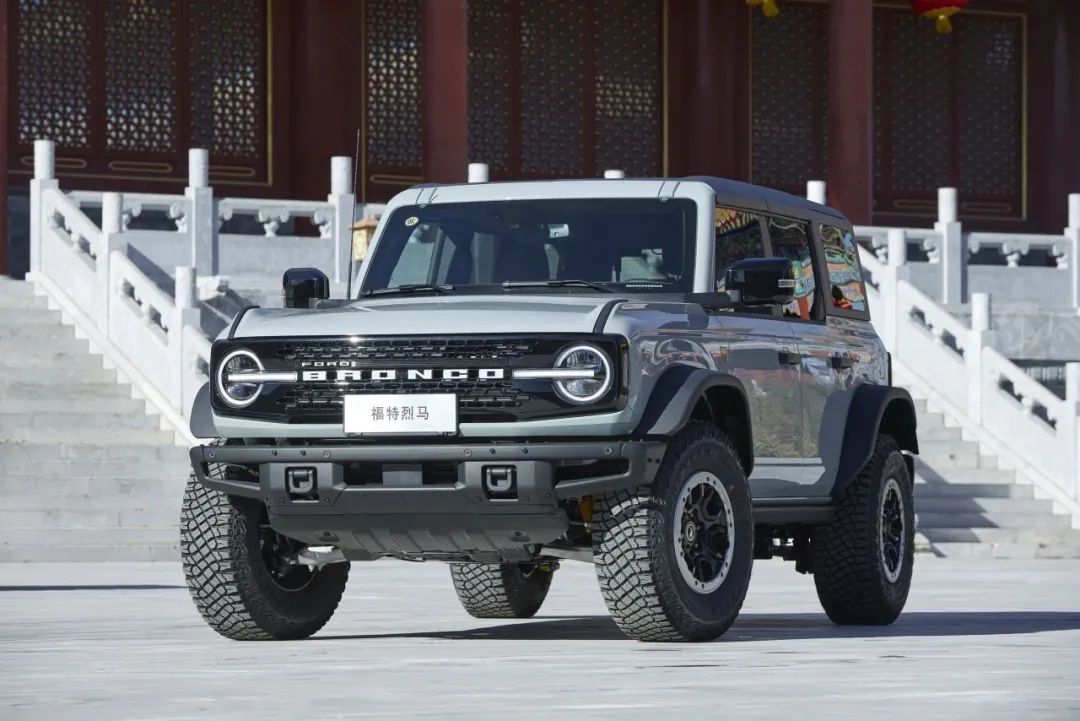
Ed: You started by talking about the appliance industry, comparing it with the auto industry. Can you elaborate more on your experience and observation of the appliance industry and use that to predict what could happen to the auto industry?
Sam: The appliance industry addresses basic functional needs. Refrigerators look after your food, and laundry machines wash your clothes. Those are fundamental, practical needs at the bottom of the pyramid. You move up the pyramid once you have higher disposable income. You want to see if you can wash your clothes better. When I go to a bar to drink with my friends and end up with a red spot on my shirt, I learn that a base model of a laundry machine may not be able to clean that well. However, advanced machines work with more than just detergent. The temperature of the water, the wash cycle, and several other things that come with it all make a really big difference.
Initially, everybody, especially the Japanese, exported washing machines to China. Then, people started localizing production, and Chinese companies started taking off with policy support. Soon, they had taken over the low-end categories. Now, in the high-end categories, Panasonic and Siemens still have respectable positions. But now, Chinese companies dominate even in what I call the mass premium segment, where consumers have much higher demands than just functional needs.
I referred to that experience to start turning Ford around. In China, we were trying to please every single consumer. But I kept telling my team that it was like trying to please every person you encounter by asking them out for coffee or dinner. But not everybody is fit for you. So, instead, once you find the right person, you should spend all your time, your whole life, pleasing that one person. At the end of the day, which lifestyle is more rewarding?
At Ford, one of the changes I told our board was that we needed to stop trying to please every potential customer in China. There are some things we just didn’t have. So now we focus exclusively on three sub-segments: Performance Vehicles, Off-Road Vehicles and American Luxury. By zooming in, we could really get something to happen. This strategy is encapsulated in the Chinese concept of ‘舍得’ [shědé – ‘be willing to give up’], implying the necessity of making strategic sacrifices for greater gains. What areas don’t belong to Ford that we should stop doing? What domains belong to Ford where we should go all in? I used the same strategy at GE, Honeywell, and OSRAM (which then belonged to Siemens). I pulled out [of sectors] every time, and the results showed that such a strategy could work for a multinational company in China. Just find the niche area that truly belongs to your brand, go all in on that area, and then leverage your learning from the Chinese on technology and EV transformation on the digital front, and then combine the best of both. That’s how we’ve won at Ford. After losing money for six years in a row for 26 quarters, we finally had a profitable quarter in Q3 2023. We are now on a journey to developing a healthy business in China.
Ed: Congratulations! That’s very impressive. Now, with the EV market developing very quickly in China, not every Western OEM is adapting as well as yours. How do you evaluate Western OEMs’ performance so far, and what are their prospects for the future in China?
Sam: It’s about transition or transformation. Everybody has to make up their mind on this. I keep telling my colleagues that if you look at how the Chinese OEMs have grown in the last 20 years, it’s from partnering with the Western OEMs and learning from them. Chang An learned from Ford and SAIC from GM, VW, etc. But now, with the EV transformation, looking at battery technology, motors, the whole digital world, IoT, and a slew of other things, the leaders of the pack are the Chinese OEMs. So, can any of the multinational OEMs in China be humble enough to say, ‘Now it’s my turn to learn from you,’ or will they decide to be arrogant?
That will call for a change of attitude. The Ford board tremendously supports me in what we’re doing with EVs and everything else we want to learn [from China]. We are already in a partnership that worked for the last 20 years. If we’re going to have another 20 years, we will have to learn from China. Then, we can take that learning from China outside to the world, to Europe and North America, to improve the whole corporation. I think all multinational companies face this kind of decision. In the news, we’re hearing that everybody is now setting up partnerships with Chinese EV companies. However, what is visible to me? Do they partner with the Chinese only to try to get a product? While that’s okay, it’s very short-term. Are they ready to make the decision and say, “I’m humble enough. I want to learn from you to make myself better.” Every company has its own decision-making logic. But this will be a defining moment for all Western OEMs. What do they really want to achieve with their partnerships?

Source: Internet
Ed: You’re right. Based on my observations, the range of behaviors depends on which OEMs or Western OEMs you’re talking about. That behavior is a function of two things: One is the local leadership -- who is actually in charge in China? Do they truly understand the situation? And the second is their global leadership, including their board and their global CEO, and whether they understand what’s happening. Of course, there’s a range of reactions. Some global CEOs are very involved in China, they understand things, and they have already adopted the mentality of 'Let’s be here and learn.' But some still wonder, ‘Do we know what we’re doing? We only need China as a market. Not necessarily as a learning center.’
So, Sam, how will China’s role in the global auto industry evolve? And how should Western OEMs adapt to its globally changing growth? It’s not only about China anymore; it’s also about what's happening outside of China, right?
Sam: Yes, Chinese brands are becoming stronger and stronger. I can see the same trend in the appliance industry, with Chinese brands taking over most of the mass and value segments and leaving multinational OEMs to play a role in the mass premium and premium spaces. For all the multinational OEMs, the reason to exist or stay in China for profitability will be from the mass premium and premium segments. In addition, they can also use China as a learning ground to explore new technologies, practice their skills, and take that learning to their global markets. Some companies are humbler and more open to learning; others may be too arrogant to learn. I have plenty of examples. In the past, American companies tried to learn from the Japanese and the Koreans, but how many of them genuinely understood what those companies were doing? Or maybe they tried to learn but never really learned because a culture of learning just wasn't there? Multinational companies have to define China’s business role in their global portfolio. Is it only at the margins, in the mass premium and premium segments? Or, in addition, will they be using China as a fitness center?
The second dimension for all multinational OEMs (except Tesla) is that the regulation requiring they have a partner has been waived. Each of them has a partner in China because that was needed 20 years ago [when most of them entered the market]. Nowadays, Chinese companies are also going outside China on a big scale with global exports. So, every multinational company faces the decision of whether to treat them as their competitors. Or do you treat them as potential partners beyond the domestic Chinese market? If you treat them as competitors, how can you learn from them? If you want them to be your partner, that’ll take you into geopolitics.
There are no restrictions in some markets, but in others, there may be huge geopolitical restrictions, meaning that partnerships will not happen. I think this evolution of the auto industry is more than a technological evolution. Geopolitics and Chinese companies moving beyond China are like the appliance industry. That started with US and European companies leading. Then the Japanese became strong, then the Koreans, and now the Chinese are taking over the world. I can see it will be precisely the same for the auto industry.
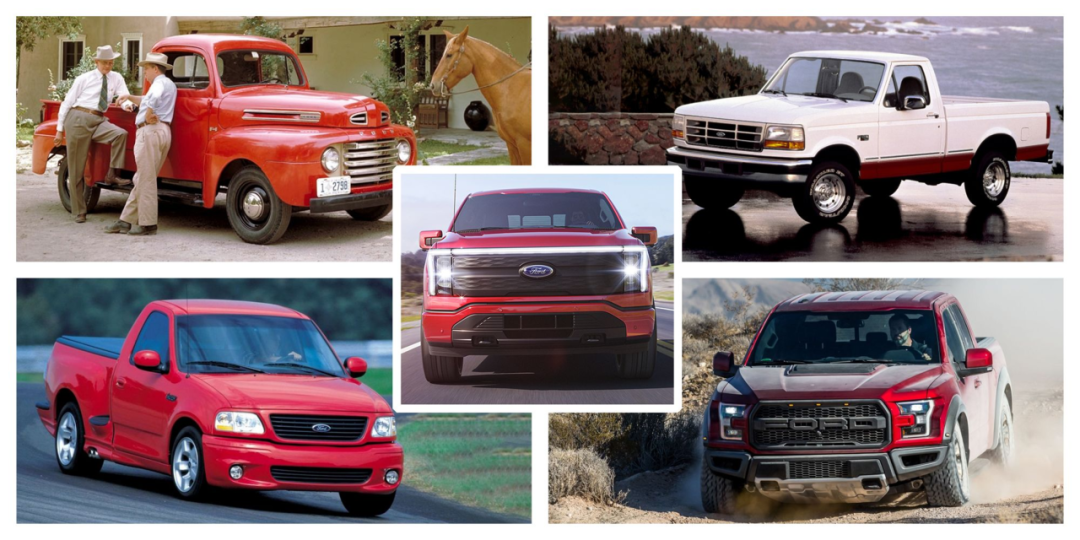
Source: Internet
Multinational companies must think through [what will happen] by referencing other industries and making strategic choices. What do you want to do when those companies start coming to your country? When the Chinese go to Europe, what strategic choices will European companies have? When the Chinese come to North America, what are the options for American companies? Regulations and government protections will not make you stronger; they will only give you more time to adapt. You have to make the right choices regarding how to play when the protectionism is over.
Ed: To what extent would you agree with our hypothesis that China will be an indispensable nation for global businesses?
Sam: First, I think decoupling between the US and China is impossible. The economic ties are so close, and the benefits for both countries are enormous, so there’s no way the two countries can completely decouple. Then China, given the size of its market, the size of its population, and its progress on so many technology fronts - whether in EVs, AI or a bunch of other areas in the last 10-20 years - means whoever gives up on China would eventually realize they’ve made a huge mistake. Doing so may help you financially in the short term, but in the long term, it’s like you never go to the gym and never exercise, so you can imagine what will happen to your health in the long run. The real issue is 'What can you get from China?' It’s a lot more than just better margins or higher revenues, as was the case 20-30 years ago. In this new normal, [you have to ask] what should you get from China? How can China’s operations make you even bigger or better as a global corporation? So, I fully agree with your hypothesis.
Ed: Thank you, Sam. There are many exciting things in the automotive sector, such as digital and electric vehicles and batteries, and many people seem to have been taken by surprise by these EV advances. What about other industries? Is something similar happening?
Sam: I don’t understand why people are so surprised about China’s EV advance and how it’s started impacting your global business. So, I often share the following story. In the traditional lighting world, there were only three leading brands. Philips was number one, OSRAM was number two, and GE was number three. I asked them, do you really think your technology is the number one reason you are the top three brands worldwide? And, of course, they all told me, “Yes, absolutely. We’ve been doing this for 100 years.”
However, as an outsider, I had a different perspective. The reason they had been so successful for more than 100 years was that the EBIT margin for the lighting industry was low, around 4-5 percent. To survive in the lighting world, you need to have a grand scale - billions of sales every year. So, anyone who had, say, $10 billion to invest would never go into the lighting industry. Those guys were happy, not because they were better, but because other people were unwilling to spend money to enter the lighting world. There were many different opportunities to earn a better return.
Now, however, lighting is like a mobile phone. With LEDs, you’re no longer making a light bulb; instead, you buy chips, glass, this and that. You hire 500 people and set up an extended bench. You don’t even need automation; it is all hand assembly, and that’s why entry barriers have become so much lower. And, suddenly, everybody was coming into the LED world. Capital markets started funding startup companies. That’s how the incumbents lost.
If you look at the auto industry, it’s the same thing. Traditionally, the auto industry was not about commodities. Instead, it was about engines and transmissions. Every single global brand had its own specific technology know-how. And that was how things were for the last 100 years. But with EVs, everybody buys their batteries from CATL and BYD. EVs, except for their software, have become a commodity. And when things become a commodity, entry barriers fall. I see that exactly what happened in the lighting industry is now happening in the auto world. Of course, that is not sustainable. For me, software will eventually become the true differentiator in the EV world, from where it will also migrate to the ICE world. This is why visionaries like Elon Musk are admired. His vision is that the next generation of Tesla will be all about software; the hardware will become a commodity. Today, I don’t think many Chinese auto CEOs realize this. People talk about it, but I don’t see many of them genuinely seeing that value. But this dynamic will decide which brands will survive in the long run and which will collapse in the next two-to-three years once the money dries up.
Ed: What do you think has made China such an innovative force? What motivates people to drive ahead in all these areas and make their country an innovation power?

Sam: I think a couple of things initially started from the government. The auto industry impacts GDP – it’s one of the major economic drivers for every country. The Chinese government has always aspired to foster growth in the auto industry while recognizing the challenge of overtaking Western players in the traditional ICE sector. However, BEVs offered the government two main incentives. One was the overall geopolitical risk on the energy side. The country wants to rely on something other than oil and gas. Given China’s coal reserves, it will at least have a certain percentage of energy consumption based on electricity, not oil and gas. So that’s the national interest. The other one is that the most advanced battery technology is in China. With this tool, why can’t it overtake the multinational players in the automotive industry? So, the Chinese government said, okay, if we offer lots of incentives to the Chinese companies, EVs could enable us to become globally dominant in the auto industry. Any excess capacity in China can be exported to the world. It started with that and then was supported by the capital market, which is why it’s progressing so well.
But China now has more than 260 EV vehicle makers, and that’s not sustainable in my view. Within the next two to three years, the majority of them, 80 percent, will probably fold. There’ll be a huge consolidation, and whichever companies remain will have to focus on whether they have scale and cost advantages or leading software capabilities. Perhaps this could present potential opportunities for multinational companies to look into when that happens in China.
Ed: The other ingredient is China’s entrepreneurial hunger and desire to succeed. Do you see this as an important factor driving those companies – wanting to be number one, wanting to have new technologies? Where do you see that playing a role?
Sam: I think that’s right. However, this phenomenon is not exclusive to the auto industry. It’s a phenomenon you can observe in all industries. It’s happening today in medical devices. The next phase will eventually be in aerospace. I see that hunger for business success and innovation - to be the best - driving many transformations going forward.
Ed: You have seen that in the other industries you’ve been involved in?
Sam: The only differences depend on entry barriers. In industries where entry barriers are high, progress is very slow. And in ones where the barriers are too low, technology can help commoditize an industry very fast. I observed this trend in lighting, and now I’m seeing it in aerospace. The Chinese government is investing significantly in aerospace to make China a leading player. It aims to have China competing with established players such as Boeing and Airbus, aspiring to secure a prominent position in the aviation industry. And it’s going to happen.
Ed: Thank you very much, Sam.
Sam: Thank you! Your book will be very timely and will be very much welcomed by CEOs. When I think about the long-term role China should play in corporate
Leadership in Transforming Multinational Corporations in Asia
global strategy, I still see many CEOs and boards looking at the returns it can bring in terms of short-term financials rather than addressing this question from a long-term perspective. My prediction is they will regret this in the long run. Some European companies have exited China, but this is more of a tactical move. I don’t think it's a strategic one.
Ed: Thank you, Sam, for sharing your valuable insights. I’m delighted you have made so much progress - you’ve done such a wonderful job. Your experiences offer a unique perspective on the evolving dynamics of the automotive industry and other sectors.
Sam: Thank you for this opportunity to speak with you, Ed.
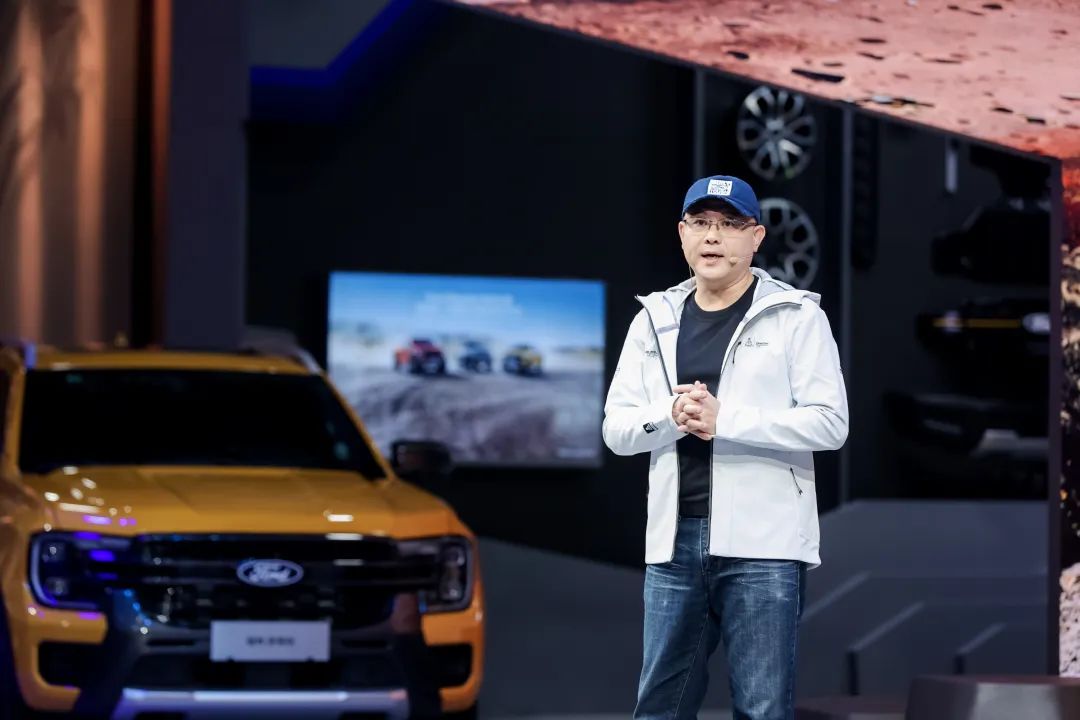
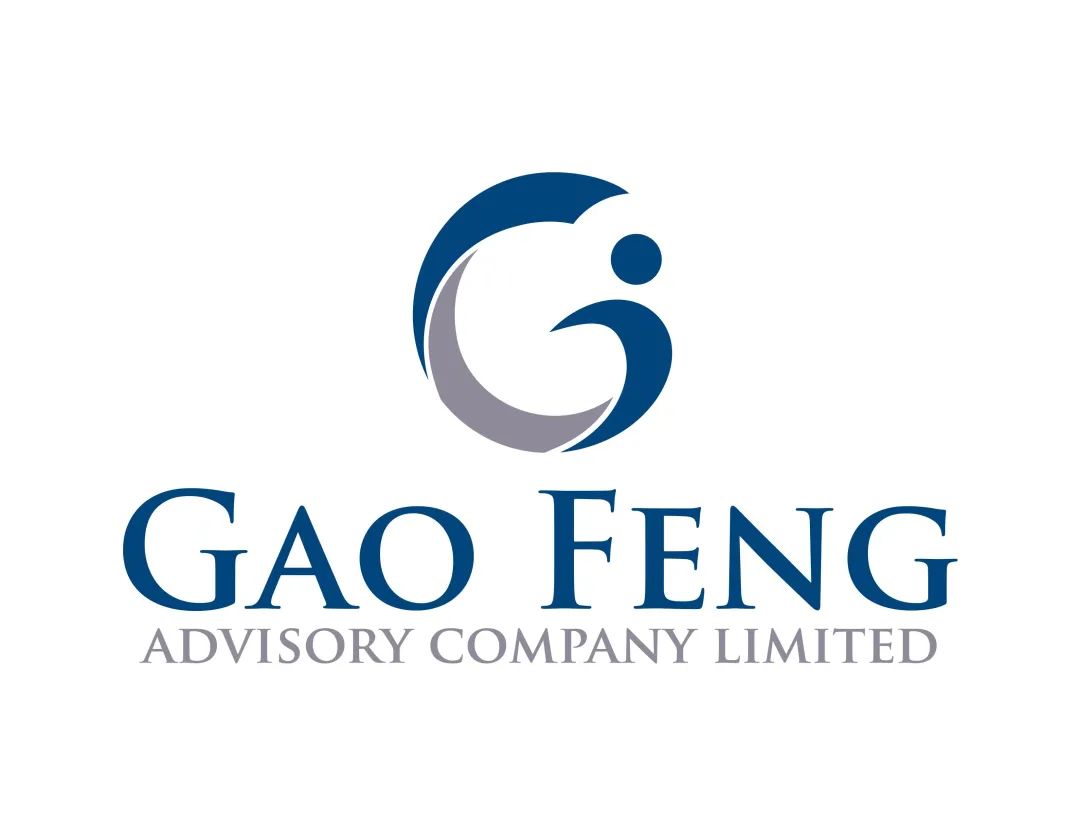

Gao Feng Advisory
Gao Feng Advisory Company is a professional strategy and management consulting as well as investment advisory firm with roots in China coupled with global vision, capabilities, and a broad resources network
Wechat Official Account:Gaofengadv
Shanghai Office
Tel: +86 021-63339611
Fax: +86 021-63267808
Hong Kong Office
Tel: +852 39598856
Fax: +852 25883499
Beijing Office
Tel: +86 010-84418422
Fax: +86 010-84418423
E-Mail: info@gaofengadv.com
Website: www.gaofengadv.com
Weibo: 高风咨询公司
